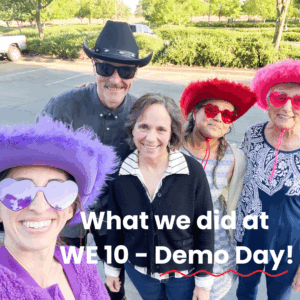Misunderstandings: how often do they occur? And what is the price you pay for them? Whose fault are those misunderstandings anyway?
So often in communication people tend to blame the other person for a lack of understanding. And if they don’t blame the other person, then often they blame themselves. I wrote last week about the concept of communication as a “system”. (http://www.mclarencoaching.com/communication-is-a-system/) What this means is that typically not one person is to “blame” in times of misunderstanding. Typically, it is a combination of factors in and among the people; i.e., the fault is in the “system”.
All communication is based on interpretation. All of it. When you say something to me, I “hear” you through my filter. Just knowing this one premise can change the way you communicate forever.
“We don’t see the world as it is, we see it as we are.” –Anais Nin
What does it mean when there is “misunderstanding?” The dictionary defines a misunderstanding in part as, “mistake as to meaning or intent.”
Misunderstanding typically means one or both parties to the communication have misinterpreted each other.
Again, all communication is based on interpretation.
You may interpret accurately or inaccurately. Humans do not typically interpret 100% accurately most of the time. Furthermore, based on the way that we do communicate, often we don’t know that we have interpreted inaccurately because most people don’t check on their level of understanding. We seem to come from a belief that we understand if we think we understand.
One of Stephen Covey’s 7 Habits of Highly Effective People is, “seek first to understand before you are understood.” Effective communication then involves as a first step, an orientation toward understanding. It involves the knowledge that typically we do not actually fully understand each other. An orientation toward understanding involves a high degree of curiosity.
Action Steps:
1. Recognize that you are always interpreting.
2. Acknowledge that often people do not understand each other. (Yes, this includes you.)
3. Be curious what the other person is trying to convey to you. Ask questions until (and this is key) the other person says that you understand.
And of course, come to our Communication 101 training on October 24.
For more information and to register: http://www.mclarencoaching.com/upcoming-trainings/
Another participant describes why she is attending the training on October 24:
“Good communication is important in all aspects of life, and I’ve seen the undesirable results that ineffective communication can have on both my personal and professional relationships. For example, I once lost touch with a very close friend for over 10 years, due to a simple misunderstanding. I’m excited to learn some new techniques for better understanding what people are saying to me, and for better communicating my own thoughts and ideas.”






